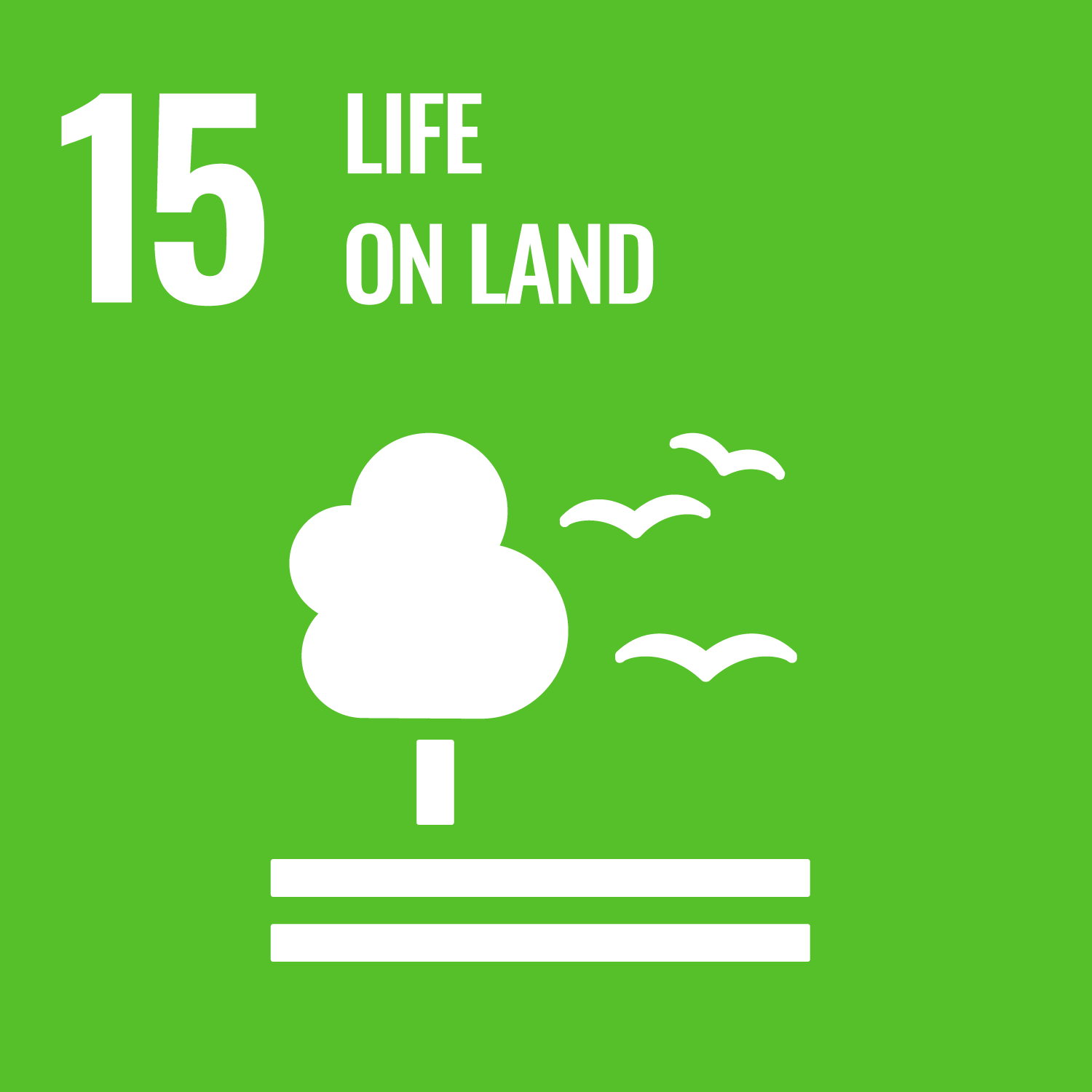By 2030, combat desertification, restore degraded land and soil, including land affected by desertification, drought and floods, and strive to achieve a land degradation-neutral world.
15.3 Supporting land ecosystems through action
Indicator 15.3.1
Sustainable use, conservation and restoration of land (policy). Have a policy to ensure the conservation, restoration and sustainable use of terrestrial ecosystems associated with the university, in particular forests, mountains and drylands.
Indicator 15.3.2
Monitoring IUCN and other conservation species (policies). Have a policy to identify, monitor and protect any IUCN Red Listed species and national conservation list species with habits in areas affected by the operation of your university.
Indicator 15.3.3
Local biodiversity included in planning and development. Include local biodiversity into any planning and development process (e.g. construction of new buildings).
Indicator 15.3.4
Alien species impact reduction (policies). Have a policy to reduce the impact of alien species on campus.
Indicator 15.3.5
Collaboration for shared land ecosystems. Collaborate with the local community to maintain shared land ecosystems.

